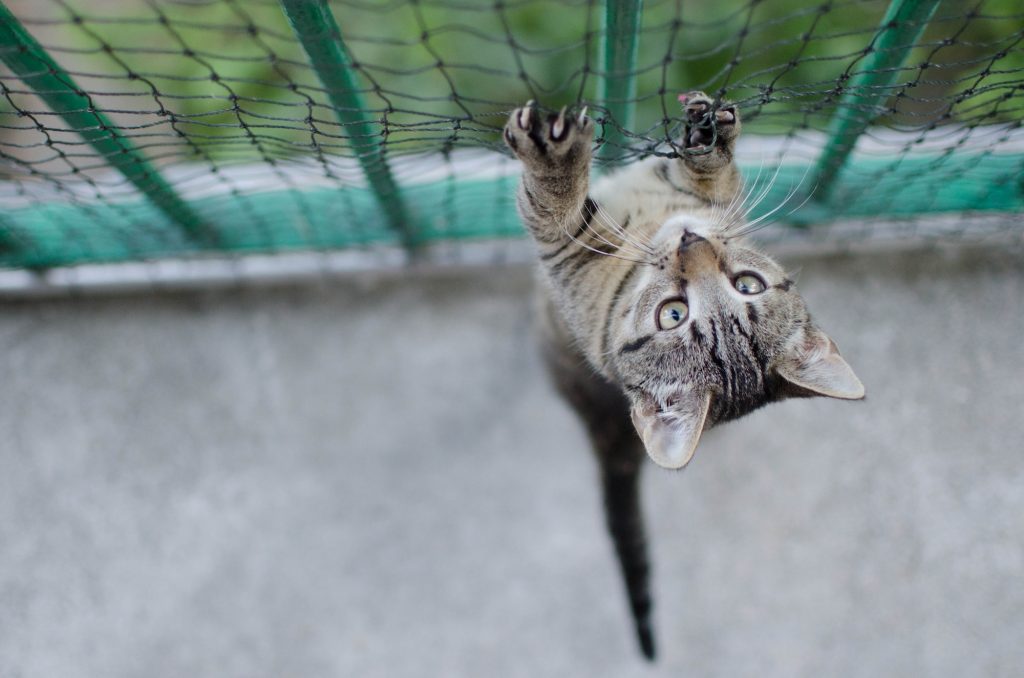From a purely physical perspective, I dislike the word “limitation”. It goes against every spiritual cell in my body. From the spiritual perspective, we are all perfect. Pain is an illusion. But as physical beings too, we experience a host of issues that seem totally contrary to one’s spiritual essence.
Until recently, I had a really hard time coming to terms with my obvious limitations that began immediately following my daughter’s suicide in 2005 and grew increasingly disruptive to my life over the years. Because we hear the phrase “return to normal” all the time after tragic loss and are conditioned to believe this is the best remedy to overcome grief, a great many limitations – both physical and mental – arise from any griever striving to reach a sense of “normalcy” again that is simply not possible. Especially for those dealing with complicated grief.
The sudden and shocking death of a loved one (child loss, suicide, death that isn’t expected) decisively changes who we are at our core. Trying to be who we were before loss or restore our life foundation to what it was, is a lost cause. There is too much unpredictability and inner turmoil in grief to hope that even a “new normal” can be obtained to any measurable degree, if at all. I am certain I am not the only bereaved parent that struggled with hopelessness for years.

In my earliest grief, I rejected the notion I could have a normal life again, so my resulting limitations were not from striving for something I instinctively knew I could never achieve. They were from the struggle I put myself through for years, simply trying to survive my grief. At the time, I did not understand limitations in grief, nor how debilitating they could become mentally, emotionally and physically, as a result of the extreme energy it takes trying to avoid physical pain, despite all the good we may be doing in our lives. I also didn’t understand survival to the extent I now do. I came to realize that by putting all my energy into a frenzy of activity, I was just like millions of other grievers: trying to avoid facing the most horrendous emotional pain I suffered after losing my daughter that for me, lasted a full three years. (A diagnosis of PTSD in 2014 helped me understand the trauma of my grief and reasons for avoidance.)
For the better part of a decade, I survived. I wasn’t denying my loss or grief in any way. On the contrary, all of my purpose work and personal efforts were centred in understanding grief and healing. Yet, despite my physical achievements (landing a job, publishing two books, running a part-time consulting business); work, family demands and coping with other family deaths, led to my overall declining health. Regardless of the many work accommodations I had continuously arranged, I inevitably collapsed in September 2015. I physically and mentally shut down.

I had always wondered what it would be like to collapse. As I discovered, it isn’t something you can plan or even prepare for, just in case. In fact, I never really thought it would happen to me, which was why I kept on going. Yet, my collapse (in large part due to my PTSD) was the defining moment that changed my life to bring me the balance, peace and happiness I now enjoy. While my changes didn’t happen overnight, nor were all of them easy, my collapse allowed me to consciously, over time, put a stop to all things happening in my life that felt stressful. Moving forward, I made decisions without fear based solely on what would bring me the greatest relief. I still do.
While I’ll be talking more about PTSD and health within the context of grief in separate posts, understanding the existence of limitations as a very real part of the grief process, is hugely important in tackling all health issues in general. It took me a long time to accept that I may never be able to do some of the things I’d earlier envisioned for my life. At least not today. This included those plans I envisioned before I understood the impact of trauma on my life. As a result of the various physical limitations I cope with, I’ve had to alter my schedule many times, pass on events and social outings and in general, lead a very low-key life simply because I know that recurring attacks of illness and fatigue can strike at any moment. While I used to think of these setbacks only as a reminder to slow down, more recently, I’ve come to understand them as limitations that are part of who I now am and show me the level at which I can function as my most authentic self in any one moment. I do not need and cannot strive to be more than who I am.
While I would be among the first to agree that our mind influences our health, I’ve come to accept that there are some things in the physical we cannot overcome through positive thought and spiritual essence alone. Part of the journey on this planet is to experience a variety of ills and upsets through physical health and other challenges. While I envy slightly those people who seem never to get sick and are free of physical limitations, I also know that to compare is pointless. I accept my life as it is today.
For you as a griever, if you feel limited in any way, let it be okay. If you can’t do things as fast anymore, are frequently battling illness, have less motivation or do not feel as capable to manage what you thought you could, you may find the following helpful:
1. Adjust your schedule to eliminate all pressures where possible. If you can’t do this immediately, aim to reduce those pressures you can one at a time in a conscious effort to rearrange your life for optimal healing.
2. Regroup regularly to assess whether what you are doing is bringing you closer to or further away from feeling any relief.
3. Rethink your goals and eliminate or significantly reduce those that focus only on material accomplishments (the return to normal), especially if they feel burdensome. You can always revisit them at a later date, when you feel stronger.
4. When you feel overwhelmed, make a “to do” list and cross things off as you get to them. Accept that some things may not get done in the planned timeframe, if at all. Accept that you will always have a “to do” list.

Above all, don’t allow the existence of limitations to make you feel any less of a person or incapable of achieving anything you want, on your own terms.


Photos: pixabay.com

